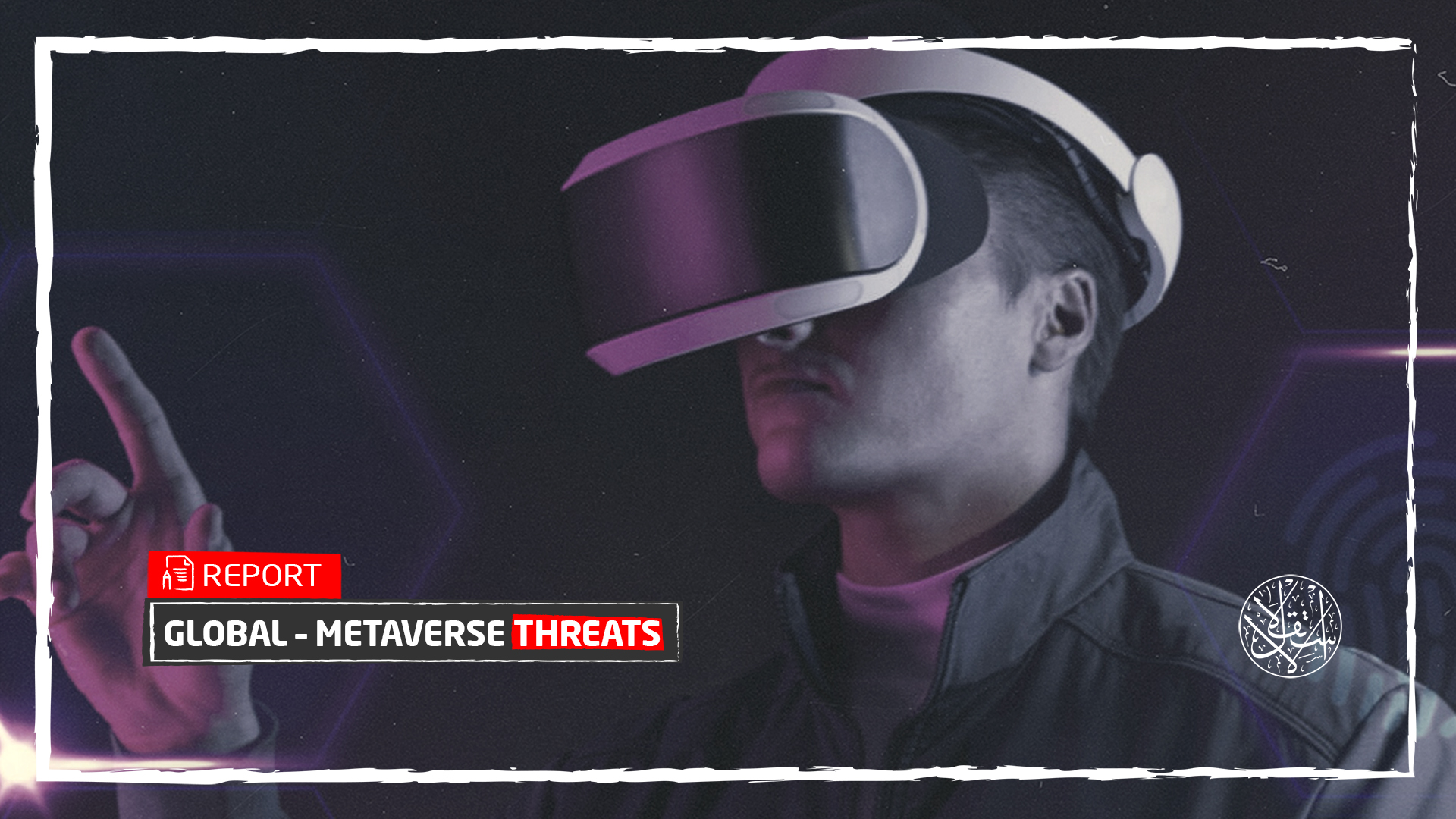Racism and Pornography – Metaverse is not Safe for Children

If there’s one thing that the world giant tech companies can agree on, is that plenty of money could be generated from the Metaverse. Thus, every company seeks to elbow past its rivals by gaining a foothold in the still nascent digital space. However, the crucial question that parents, social workers and legislators ask is: Will the metaverse be a safe place for children?
To address the question many research and investigations were conducted. Recently, the BBC investigation revealed that the answer is NO. The metaverse is not a safe place for children.
A BBC journalist posing as a 13-year-old girl logged with a fake identity into the Metaverse world, to find that the VR exposes children to sexual content, racist insults, and threats of rape.
Using the VRChat app, the BBC journalist could easily join virtual-reality rooms where avatars were simulating sex. She could access sex toys and condoms and was contacted by numerous adult men.
Racism and Pornography
The National Society for the Prevention of Cruelty to Children (NSPCC) in Britain has issued a warning against some applications in the Metaverse virtual Reality, noting that young children in this world may be exposed to pornography and racism.
The metaverse refers to games and experiences accessed by people wearing virtual reality headsets. The interactions in the VR apps occur by creating rooms to connect the person’s avatar with others.
Mark Zuckerberg believes that the text-based interaction on social networks would all be replaced by the Metaverse in the near future. Consequently the company adopted the name Meta.
The technology would not be only used for gaming, but it will be adapted for many other areas, such as work areas and cinemas.
Although in theory, children are not allowed to access the game. In practice, however, very young kids appear to be among its earliest users.
The Washington Post journalist Will Oremus disclosed: “The person I met that day, who told me they were 9 and using their parents’ Oculus VR headset, was one of many apparent children I encountered in several weeks on the app.”
Reviews of Horizon Worlds VR app include many complaints about kids ruining the experience for the grown-ups, throughout their immature and rude behavior.
Serious Danger
December 30, 2021, a research conducted by the Center for Countering Digital Hate (CCDH) stated that Facebook’s VR Metaverse app VR Chat is a mixed combination of abuse, harassment, racism and pornographic content.
The research stressed that users, including minors, were exposed to abusive behavior every seven minutes. Different kinds of Abusive behavior were listed by CCDH researchers including: “Bullying, sexual harassment and abuse of other users, including minors, minors being groomed to repeat racist slurs and extremist talking points, threats of violence, and Minors exposition to graphic sexual content.”
Moreover, the study recorded 100 potential violations of Facebook’s policies for VR in 11 hours and 30 minutes of recordings of user behavior in the app.
Of the 100 potential violations identified, only 51 met Facebook’s criteria for reporting offending content.
The researchers claimed that Facebook/Meta did not react to all reports of abusive content, because the app rejects reports when it cannot match them to a username in its database.
In reaction to the 51 reports recognized by the app as abusive behavior, Facebook did not issue any response to any of the serious misconduct, including sexual harassment and grooming of minors.
Imran Ahmed, Chief Executive of the Center for Countering Digital Hate, said: “When Facebook launched the Metaverse for Oculus just in time for Christmas shopping, its CEO, Mark Zuckerberg, pledged that privacy and safety is at the heart of Virtual Reality. But our researchers discovered that, contrary to his promises, Metaverse is a haven for hate, pornography and child grooming.”
He explained: “In our study, Metaverse connects users not just to each other but to an array of predators, exposing them to potentially harmful content every seven minutes on average. If Metaverse is safe for predators, it’s unsafe for users, especially children.”
He added: “Any parent who gifted Facebook’s VR Oculus headset for Christmas needs to be aware that they are potentially exposing their children to serious danger.”
Profits Before People
In November 2021, former Facebook product manager Frances Haugen turned whistle-blower testified in Congress and made it clear that Facebook is aware of the harm it causes to children. She elucidated that: “The Company won't make the necessary changes because they have put their astronomical profits before people."
In response to Haugen’s accusations, a group of US state attorneys general launched an investigation of Meta over its efforts to draw children and young adults. The investigation aimed to measure the dangers the social network poses to children’s mental health and well-being.

The US lawmakers and the public have grown increasingly concerned over the negative impact of social media on children and teens.
Many psychologists and mental health experts claim that the companies’ race for profit is taking attention away from the serious danger of their products.
Ghita el-Ghiyati researcher in Psychology at Bahcesehir University in Istanbul told Al-Estiklal: “ There are many potential impacts of Metaverse virtual interactions. First of all, The Metaverse is a self-moderated environment that is not well protected and lacks clear systems of reporting. Hence, it is a safe ground for predators to abuse or groom kids.”
The psychologist pointed out: “In addition to the well-known danger of exposing children to the likely sexual abusive content, there are other severe repercussions even for the adults.”
She explained: “The most severe possible impacts of engaging in virtual interactions are psychoses including delusions and/or hallucinations.”
She added: “A recent study showed that the digital technology is associated with many mental health problems, like the somatic symptoms (6%), depression (4%), psychoticism (0.5%), paranoid ideation (0.5%), and serious mental illness (2%).”















